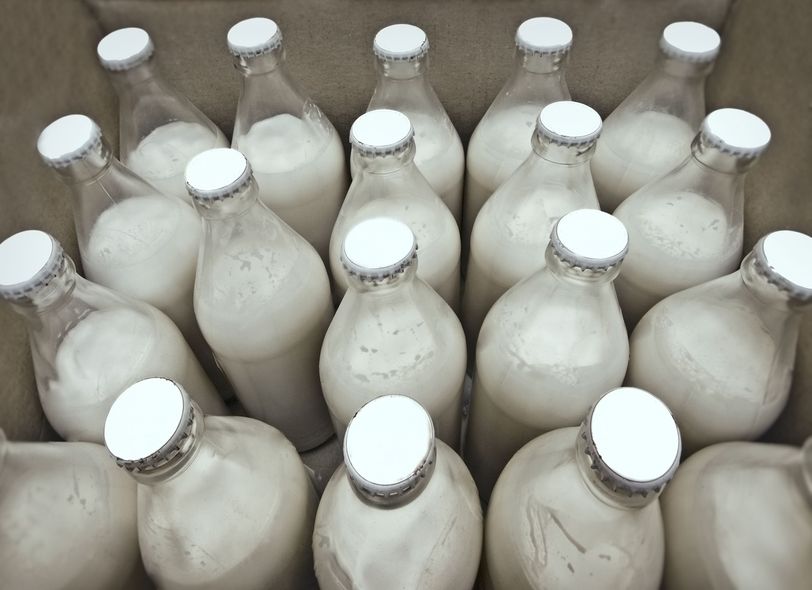
Müller will start the new year by adding a further 2.5ppl to the milk price it offers farmers, building on its 2ppl uplift which takes effect from 1 December.
The move means Müller’s farmers will have seen their headline milk price increase by an average of 7ppl in the four months since 1 October.
The actual price paid to Müller’s farmers on non-aligned contracts for January is expected to be 26.54ppl. This includes a standard price of 25.44ppl plus the separate retailer supplement estimated to be 1.1ppl in January.
“We are delivering on our commitment to offer a competitive and stable milk price throughout the market cycle,” said Lyndsay Chapman, Agriculture Director at Müller Milk & Ingredients.
“We know that farmers place a high value on the security of a contract with a dairy company who is investing for the long term and not so directly linked to volatile commodity returns which can change rapidly, exposing them to high levels of downside risk.”
Countrywide meetings with farmers
Müller is also concluding a country wide series of 16 meetings with farmer suppliers to gain feedback on future milk contract and farmer representation proposals. These events follow the acquisition of Dairy Crest’s dairy operations and subsequent expansion of Müller’s milk supply base.
“Our meetings have provided an excellent opportunity for us to engage with over 1,000 Müller farmers. I would like to thank them for taking part in the debate around our proposed future milk contract and farmer representation,” said Lyndsay Chapman.
“We are bringing together two milk supply groups, each used to different representational models, whilst moving to a single milk contract which aims to better align the supply of milk with our demand in the future.
“It’s clear that in the past few years the whole dairy sector has suffered from supply and demand imbalance. Real damage has been caused to farmers and processors as a result of having to dispose of large volumes of excess milk at very low values when production surges, or conversely having to buy from third parties at high values when production falls.
“Going forward we want to keep as much value as possible within our own farmer/processor supply chain by developing a closer working relationship with farmers, and moving away from current industry thinking which tends to be short term and reactive.
“At our meetings we have heard a range of strong, considered and sometimes conflicting views on our contract proposals and these have varied regionally.”
